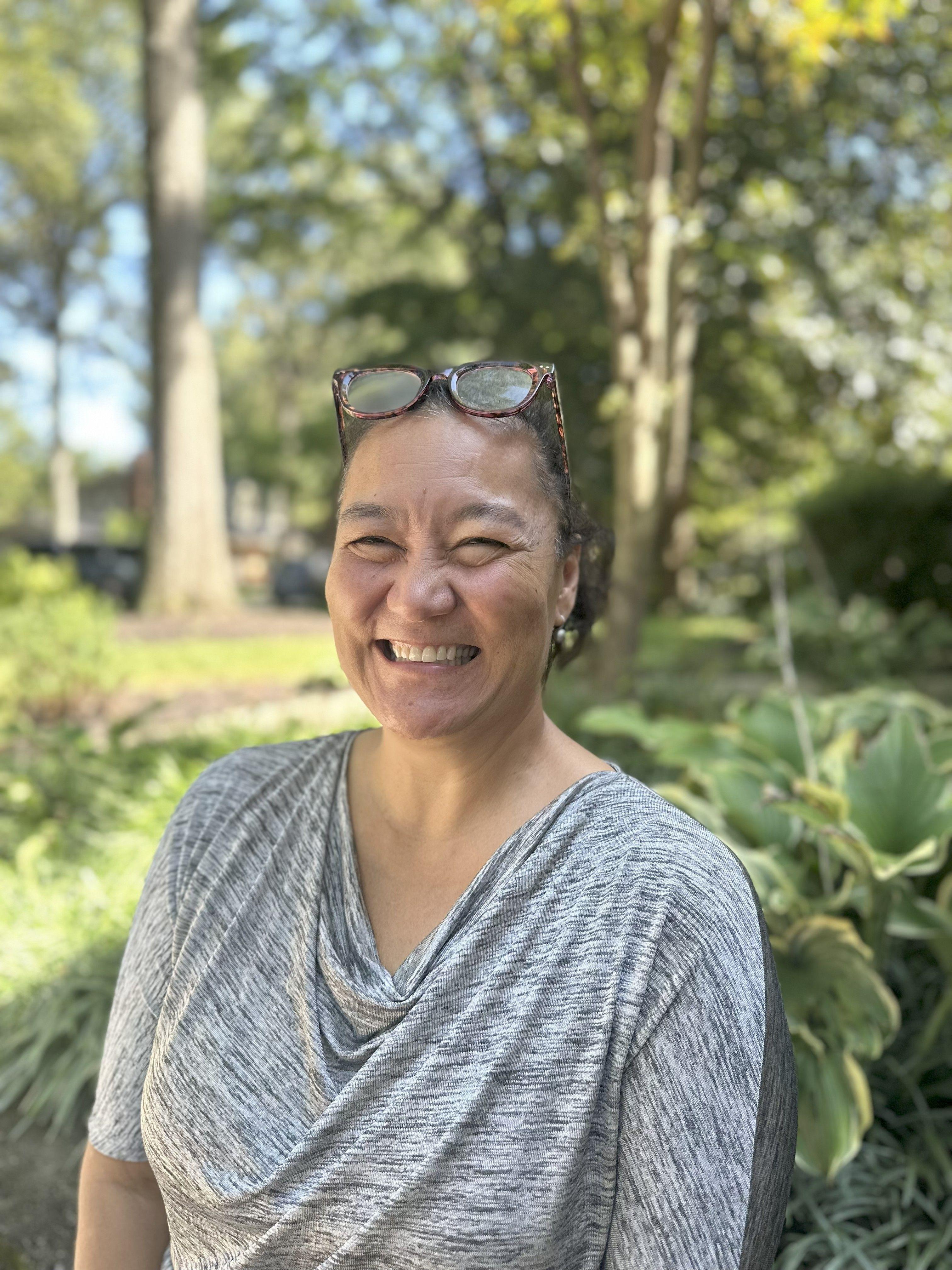DSW grad navigates government, nonprofit, and academic social work
Elaine Reed, DSW, LMSW, says Tulane’s Doctor of Social Work (DSW) program gave her the knowledge and leadership skills to “create meaningful change at a local and state level.” And she would know – her days are jam-packed with changemaking, advocacy, and social work.
Dr. Reed is the Chief Strategy Officer for Charting Careers, an Annapolis-based nonprofit that provides academic, relational, and community resources to young people in Maryland. Their current project is a pilot program aimed at empowering youth who are either in or transitioning out of the foster care system.
In addition to her day job, Reed is an Assistant Strategic Planner for EWI Strategies, where she acts as a nonprofit management consultant. She also works as an Adjunct Instructor at the University of Maryland School of Social Work and the Fordham University Graduate School of Social Service.
On top of all that, Reed was appointed by the Governor of Maryland to serve on the Citizens Review Board for Children at both the county and state levels. As a board member, she reviews case files for children in out-of-home care, makes individual and systemic recommendations to improve child welfare, and advocates for legislative change to promote child safety.
Getting her DSW, Reed says, made it all possible.
“Earning my doctorate at Tulane has truly been transformative, opening unexpected doors and providing amazing opportunities,” Reed said. “The education I received equipped me not only with the expertise and confidence to thrive in all the roles I have now but also led me to teaching up-and-coming social workers the same.”
Reed thanks her DSW faculty for nurturing many of the skills she uses daily in her work: Dr. Candice Beasley showed her how to have courageous, often uncomfortable conversations, reflect on and confront biases, and become an agent of change; Dr. Susan Davies taught her to empower communities and develop research studies that allow for symbiotic partnerships; and Dr. Jeffrey Yarvis gave her the non-profit management tools to find funding opportunities, write effective grants, and recruit successful board members.
A culmination of that knowledge, Reed collaborated with two classmates to write two comprehensive histories and analyses on contemporary social issues: “Critical Race Theory: What It Is, What It Isn’t, and Why You Should Know: A Call to Action” and “Where We Are in Policing: The Government and Policy a Year After the Death of George Floyd.”
“The work we did provided a lens through which to interrogate and dismantle racial biases within our institutions and practices, leading to more equitable social outcomes,” Reed said. “It taught us what we can do together to pursue justice, reduce harm, and advocate for marginalized communities at all levels of social work practice. What I learned during my research informs my work each day in my personal and professional roles.”
Now, she hopes her experience and education will help social work students grow in their lives and careers. Her greatest takeaway from years of practice? You can’t take care of others if you aren’t taking care of yourself.
“Honor your emotional, physical, and spiritual needs. It is our obligation as social workers to be proactive in being healthy, happy, well-rested, and nourished,” Reed said. “When you are drained, exhausted, and emotionally depleted, there isn’t much left to give others.”
For Reed, that means learning to play the drums, spending time with her husband, four children, dog, and three cats, going to concerts, and enjoying time with dear friends. In addition to nurturing their full hierarchy of needs, she also encourages young social workers to seek out mentors and remain curious. Above all, she says, “Do work that matters, and do work that you love.”
“Having access to a wider network of knowledge, skills, and resources aids in our career growth and enables holistic, comprehensive care for our clients,” Reed said. “When we are curious and avoid preconceived notions and assumptions, it leads to more effective, ethical, and compassionate practice.”

